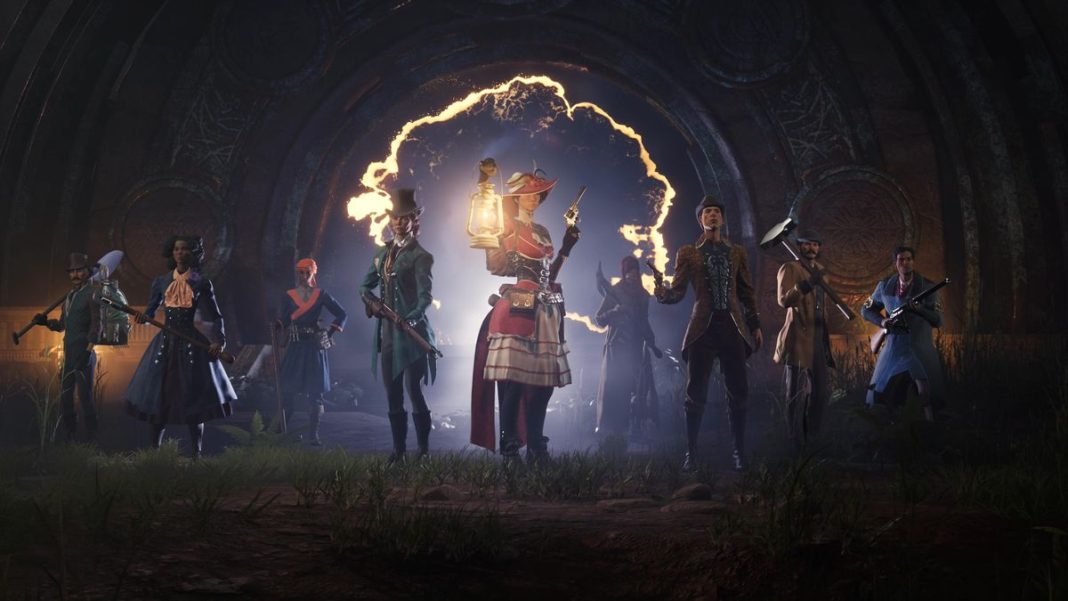In a surprising turn of events, the highly anticipated PvE survival game Nightingale has announced the withdrawal of support for AMD’s FidelityFX Super Resolution 3 (FSR 3) image upscaling technology just before its early access release.
Nightingale, developed and published by the independent Canadian studio Inflexion Games, promised a captivating fantasy survival-crafting experience set in the Victorian era. However, the decision to drop support for FSR 3, AMD’s latest offering in image upscaling technology, has raised eyebrows among gamers eagerly awaiting the title’s release.
Initially, Inflexion Games had pledged support for various upscaling options, including AMD’s FSR 3, Nvidia’s DLSS, and Intel’s XeSS solutions, aiming to provide players with multiple choices to enhance performance. However, just days before Nightingale entered early access on 20th February, the studio announced the exclusion of AMD’s FSR 3 from the game’s feature list.
Citing concerns over stability, Inflexion Games explained in a pre-launch blog post that the decision to remove FSR 3 support stemmed from data collected during the game’s Server Stress Test. According to the studio, integrating AMD’s image upscaler was linked to a significant number of crashes, even when the setting was disabled. Despite FSR 3 boasting several improvements since its release in September, only a handful of titles have embraced this specific iteration of AMD’s technology.
The studio assured fans that efforts are underway to explore the possibility of reintroducing FSR 3 or an older version of AMD’s upscaling solution in future updates. Meanwhile, Nightingale will continue to support Nvidia DLSS and Intel XeSS, providing alternative options for players seeking performance enhancements.
While Nightingale’s withdrawal of FSR 3 support may come as a disappointment to some, there remains a glimmer of hope for its potential reinstatement. Inflexion Games hinted at the possibility of unofficial reintroduction, drawing parallels with other popular titles like Cyberpunk 2077, which have received FSR 3 mods despite official withdrawal.
As the gaming community absorbs this news, questions arise about the broader landscape of FSR 3 adoption. While some titles have embraced AMD’s latest technology, others, like Nightingale, have encountered obstacles. However, recent developments suggest a gradual uptake, with titles such as Bethesda Game Studios’ Starfield officially incorporating FSR 3 support via updates.
Among the upcoming titles touted to feature FSR 3 support are graphically impressive ventures like Black Myth: Wukong and the eagerly awaited Warhammer 40,000: Space Marine 2. Additionally, AMD has hinted at extending FSR 3 compatibility to older titles like Eve Online, indicating a potentially broader reach for the technology.
In conclusion, Nightingale’s decision to withdraw AMD FSR 3 support underscores the intricate balance between technological innovation and game stability. While the game navigates its early access phase without FSR 3, the broader gaming landscape continues to evolve, with FSR 3 adoption gradually gaining momentum across titles old and new. As players await further updates, the future of Nightingale’s relationship with AMD’s upscaling technology remains uncertain, leaving room for speculation and anticipation within the gaming community.


